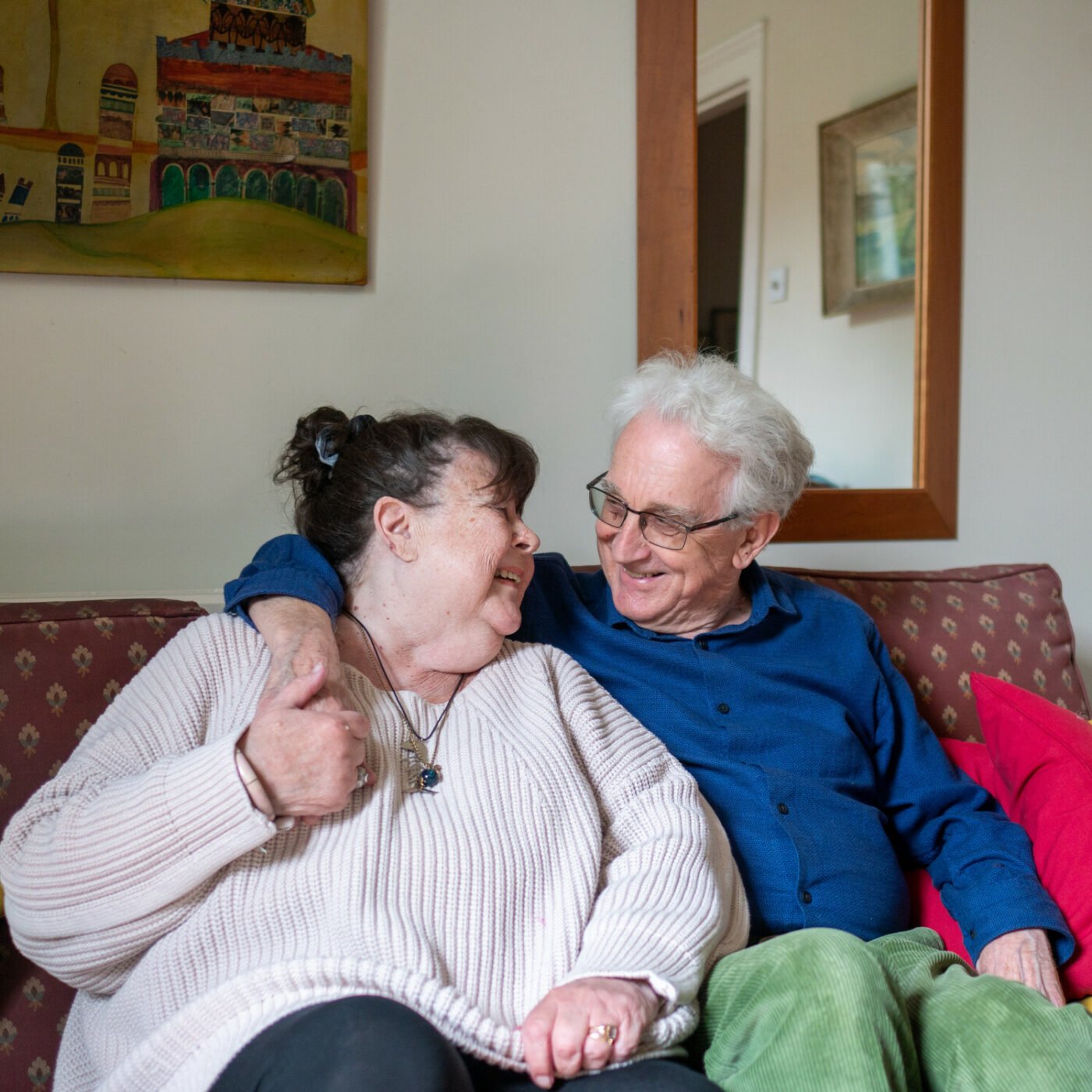Home from hospital – an Elder factsheet
Tags
Arrange care
The majority of us will likely receive some form of hospital treatment at some point in our lives. And, if you’ve ever been admitted to hospital you likely couldn’t wait to get back to the comfort of your own home, and your normal day to day routine.
However, the older we get, the more of an impact a spell in hospital is likely to have on our quality of life and wellbeing. And while the NHS does incredible work, many within it agree that it’s beneficial to get people back home as soon as possible to continue their recovery.
We’ve scoured the latest facts and figures from across the health and social care space to create this factsheet on hospital admissions, discharges, and follow up care at home.
Later life health
1 in 3
adults over 65 years old will experience at least 1 fall a year.
1 in 2
adults over 80 years old will fall at least once a year.
40%
of adults over 65 years old are living with a longstanding illness or condition that limits their everyday lives.
More than 1 in 4
Older adults are living with 2 or more longstanding conditions.
Hospital admissions and older people
1 in 6
emergency admissions of people over 75 occur within 30 days of a previous hospital discharge.
Nearly 2/3
of people admitted to hospital are over 65 years old.
Admissions are rising
The rate of hospital admissions of over 65s is increasing 2 to 3 per cent every year.
Source – Age UK The State of Health and Care of Older People 2023 | The University of Oxford
The impact of a prolonged hospital stay
The average length of a hospital stay in 8.3 days, this is up 13% since 2019, and older people are often kept in hospital longer.
Just
47%
of patients staying in acute hospital wards would rate their quality of sleep as good.
Average of
15%
loss in muscle mass in critically ill patients after one week in hospital.
Around
1 in 3
older people experience delirium at some point during their hospital stay.
14,000
patients
Patients were kept in hospital despite being medically ready to leave in 2023.
And
24%
of these people delayed in hospital were awaiting home care.
How can home care help?
There are many ways recuperating at home with the support of a specialist carer can be beneficial to people recovering from an illness, injury, or surgery.
- It's more comfortable - away from the noise, and bright lights of a busy hospital ward
- It can be easier to move around and regain strength
- Family and friends can visit whenever you'd like them to
- You can eat meals prepared to your individual tastes
- You can begin to slowly get back to your daily routine
- Carers can help manage your medication, ensuring the right dose is taken at the right time
- Carers can keep the home clean and tidy
Arranging home care after a hospital discharge
When your mum, dad, or anyone you care about is in hospital, certainties can be few and far between. From condition and outlook to even securing a day of discharge can change last minute. If you’re worried about an imminent discharge and are unsure how to get the right care in place, this article may help.
Read more later life articles

12 summer safety tips for the elderly
It’s important for everyone to take care in hot weather – anyone can become unwell if they’re exposed to soaring temperatures. However, for older people

Live-in care vs other types of care
Live-in care vs other types of care Navigating elderly care options for a loved one is a significant decision. While care homes are a common

Defining Dignity in Later Life – Interview with Liz Lloyd
We talked to Liz Lloyd about personal and social perceptions of age, the challenges of identity, empowerment and choice.

The Challenges of Vegetarians and Vegans Living with Dementia
We talk to Amanda Woodvine about the challenges faced by older vegetarians and vegans receiving care. Read more here.

How much does live-in care cost?
How much does live-in care cost? Live-in care provides one-to-one support in the comfort of your loved one’s home, but how much does it cost?

How much does respite care cost?
Respite care offers short-term relief for primary carers, and the cost can vary widely depending on the type of care, location, and level of support